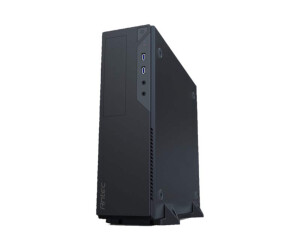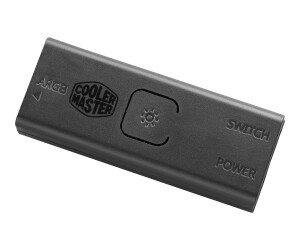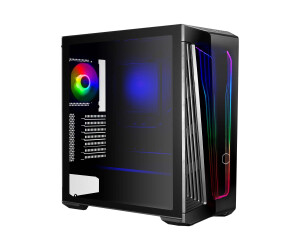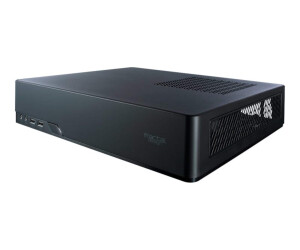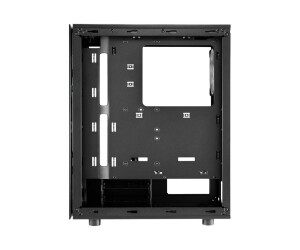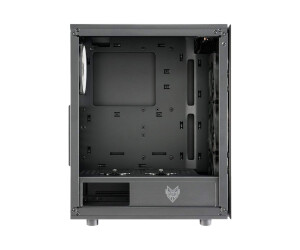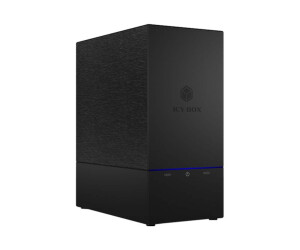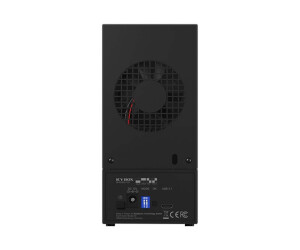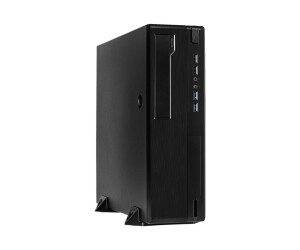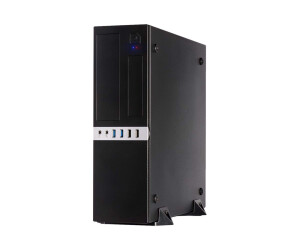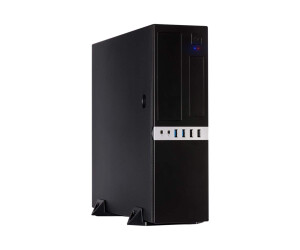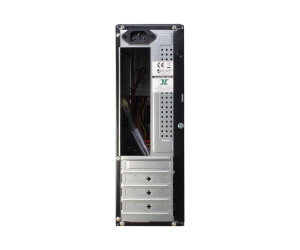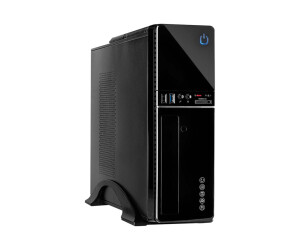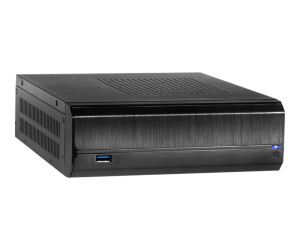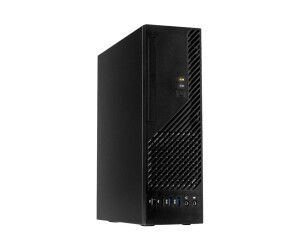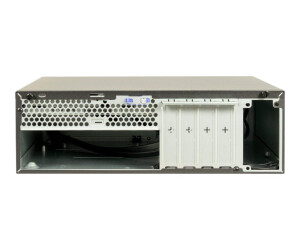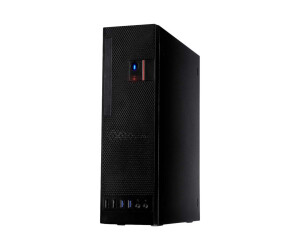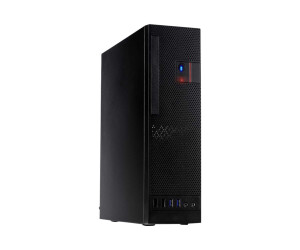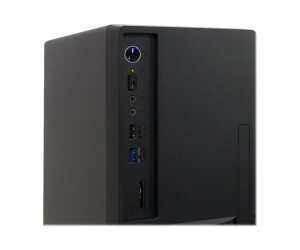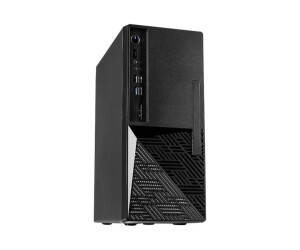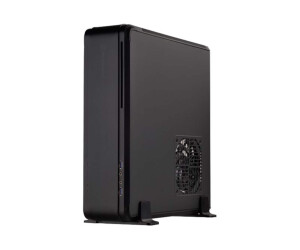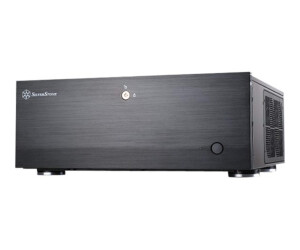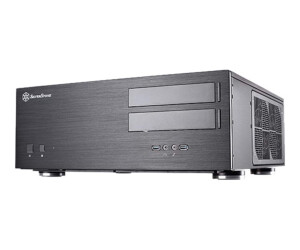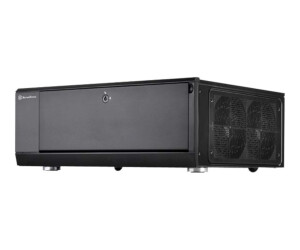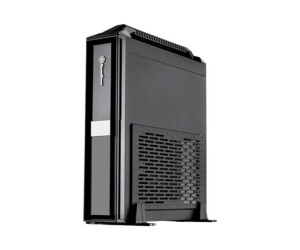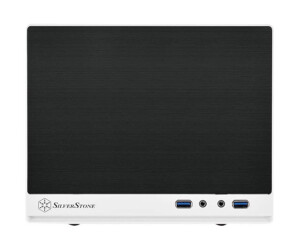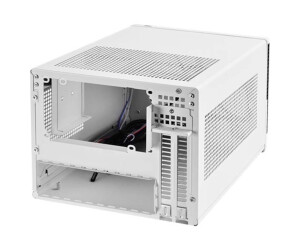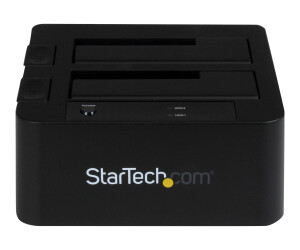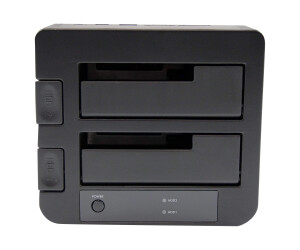Desktop
Desktop
A desktop device is a computer-based device that is placed on a desk or a fixed surface and is typically used for stationary applications. It is often referred to as a desktop computer and consists of a combination of hardware components, including a monitor, keyboard, mouse, and a case that houses the central processing unit (CPU), memory, and other internal components.
Desktop devices generally offer higher performance compared to mobile devices such as laptops, tablets, or smartphones. They can handle a wide range of tasks, including computationally intensive applications like video editing, gaming, data processing, and graphic design. Desktop devices are also typically expandable, meaning that users can add additional hardware components such as hard drives, memory, or graphics cards to increase performance or storage capacity.
In comparison to mobile devices, desktop devices usually offer larger screen sizes, more comfortable keyboards and mice, and better connectivity with multiple ports and interfaces. They are often used in offices, educational institutions, or homes as primary workstations or multimedia platforms.
In recent years, alternative forms of desktop devices have also emerged, such as all-in-one computers, where the computer and the monitor are combined in a single device, or mini PCs that have compact dimensions yet still offer powerful features.
Advantages of Desktop Devices:
- Performance: Desktop devices generally offer higher performance compared to mobile devices. They feature powerful processors, larger memory capacity, and dedicated graphics cards that can handle complex tasks like gaming, video editing, and 3D modeling.
- Expandability: Desktop devices allow for easy expansion and upgrading of hardware components. Users can upgrade the memory, hard drive, graphics card, and other components to adjust the system's performance and capacity.
- Comfort: Due to their stationary nature, desktop devices are typically equipped with larger screens, improving content display and multitasking capabilities. They also provide a more comfortable keyboard and mouse for extended use.
- Cost-effectiveness: In general, desktop devices are more cost-effective than comparable high-performance laptops. They offer better value for money, especially when specific requirements such as gaming or professional applications need to be met.
- Durability: Desktop devices generally have a longer lifespan than mobile devices. With the option for hardware upgrades and better cooling, they can be used for an extended period before needing replacement with newer technologies.
Disadvantages of Desktop Devices:
- Mobility: The biggest drawback of desktop devices is their lack of mobility. They are not portable and cannot be easily carried from one place to another, limiting their use to stationary environments.
- Space Requirement: Desktop devices require a fixed surface like a desk or table. They take up more space than mobile devices, thus necessitating a sufficiently large workspace.
- Power Consumption: Desktop devices typically have higher power consumption compared to laptops or tablets. They require more energy to power the high-performance components, which can lead to higher energy costs.
- Limited Mobility: Due to their stationary nature, desktop devices are confined to use in a specific location. This can restrict flexibility and productivity, especially for users who work on-the-go or utilize multiple locations.
- Initial Cost: Although desktop devices may be more cost-effective in the long run, they generally require a higher initial investment. Purchasing a desktop device with high-performance components can be more expensive than a comparable laptop.
It is important to consider individual requirements and usage scenarios to determine whether a desktop device is the best choice. Desktop devices are ideal for users who require high performance, such as gamers, graphic designers, video editors, or engineers. They provide the necessary computing power and expandability for demanding applications and tasks.
It is important to consider individual requirements and use cases when deciding whether a desktop device is the best choice. Desktop devices are ideal for users who require high performance, such as gamers, graphic designers, video editors, or engineers. They provide the necessary computing power and expandability for demanding applications and tasks.
Better Cooling: Desktop devices generally have better cooling than laptops. Due to their larger chassis, they can accommodate powerful fans and heat sinks to efficiently dissipate heat. This leads to improved heat dissipation and contributes to long-term stability and lifespan of the system.
Privacy and Security: Desktop devices can be used in more secure environments as they are less susceptible to theft or loss. Due to their stationary nature, they can be better protected against unauthorized access or physical manipulation.
In summary, desktop devices are a powerful, expandable, and cost-effective option for users who require higher performance and productivity. They offer better performance, expandability, and comfort compared to mobile devices, but they are less mobile and require more space. When selecting a desktop device, individual requirements, budget, and work environment should be taken into consideration.

